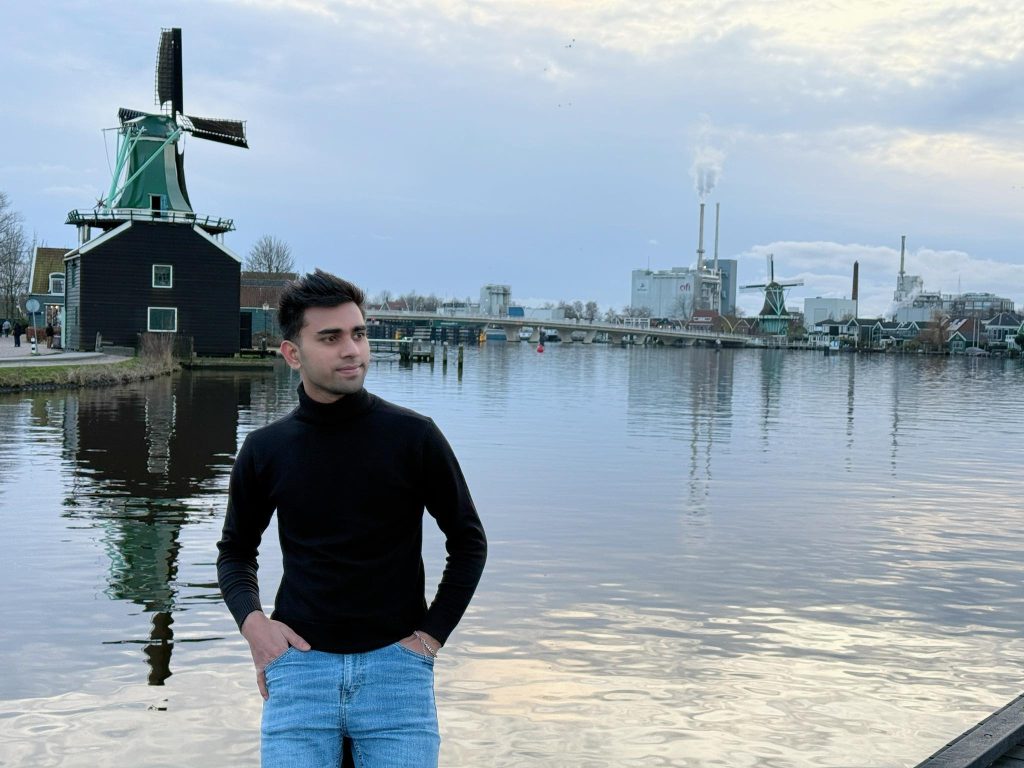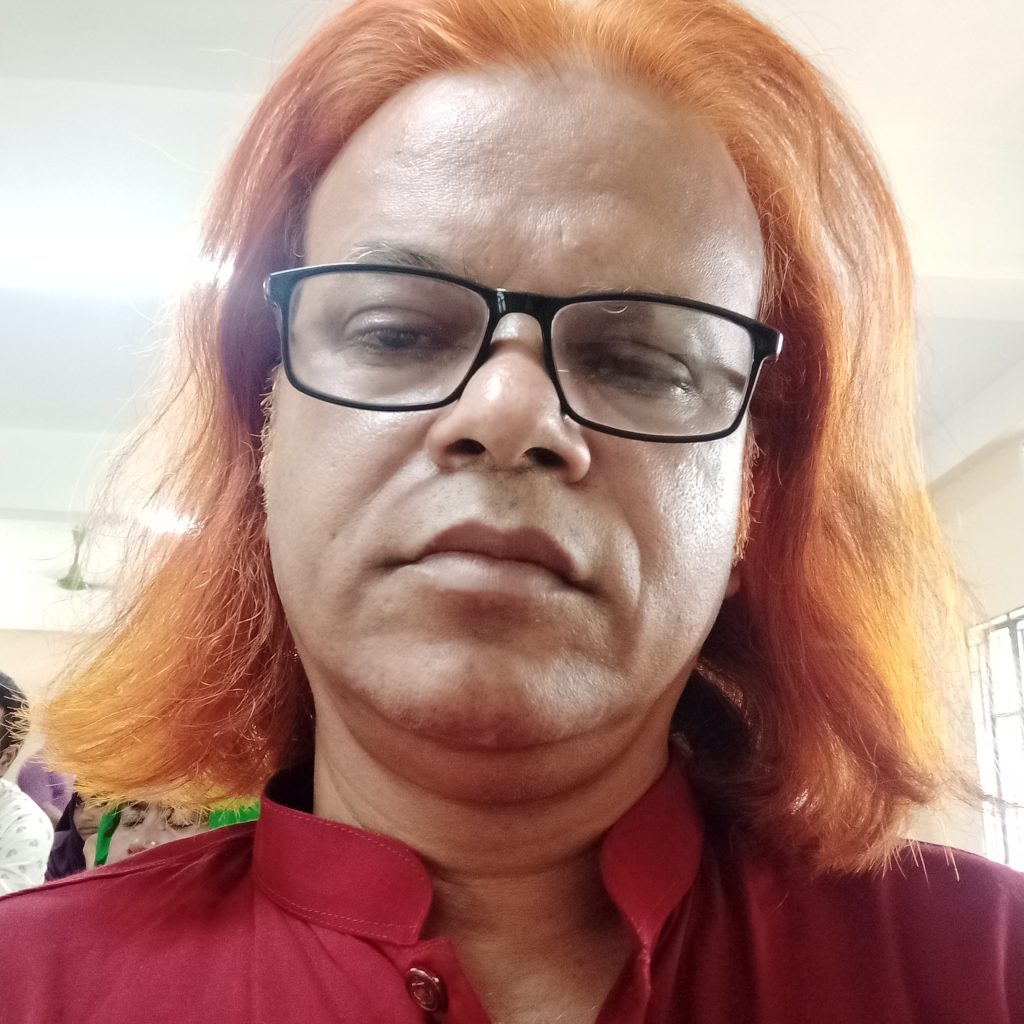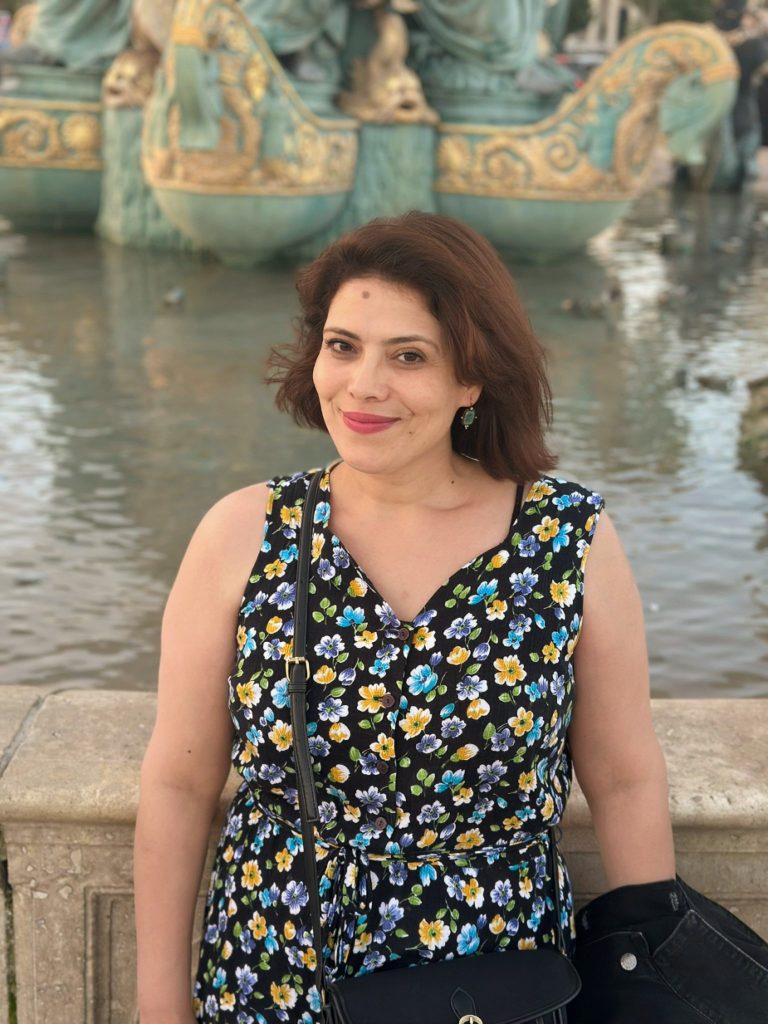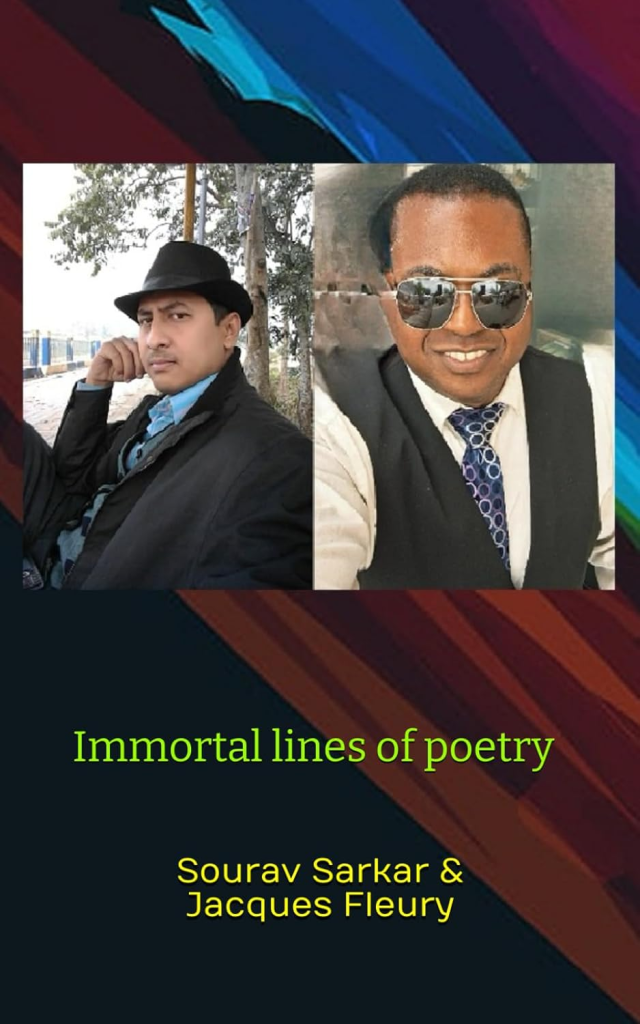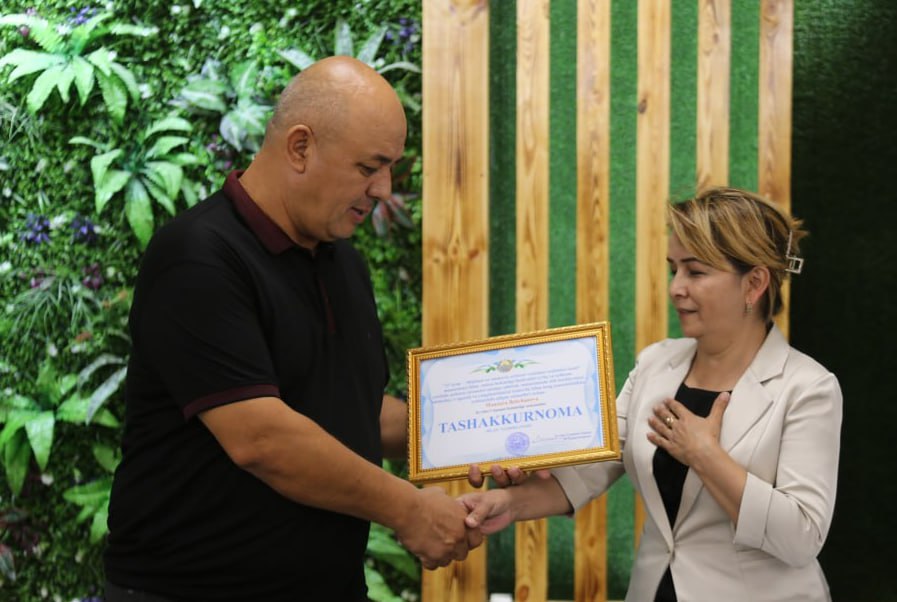
This article is a profile of Dilbar Ashilbayeva, the head of the Information Service of the Tortkul District Khokimiyat of the Republic of Uzbekistan, Republic of Karakalpakstan Bekchanova Manzura.
A WOMAN STRIVING FOR HER DREAMS
Woman. How subtle and capable of great deeds in His place. Flowers bloom on the paths a woman walks. Wherever a woman goes, it becomes a garden.
The person I want to tell you today is also about a woman who brought happiness and joy to her own life and the lives of those around her, possessing great courage in her small frame…
Dilbar Ashilbayeva was born in 1995 in the capital, Nukus. Life subjected him to trials from birth. However, Dilbar, who has been interested in science and professions since childhood, graduated from school with good grades and also mastered the sewing profession perfectly. He graduated from Karakalpak State University with a degree in Karakalpak language and literature. Dilbar also loves sports. Recently, she took an honorable 2nd place in the Para Badminton Olympiad held in the Republic of Karakalpakstan. Currently, he is conducting another training on the development of the teacher’s activity.
Relatives – her mother-in-law Chaman Komilova, her husband Aymurat Allamuratov, and all other family members have a very warm opinion about Dilbar, who, as fate would have it, became a bride in the “Kaltaminor” village citizens’ assembly of Turtkul district. “Thank her parents for raising such a girl,” says her mother-in-law, Chaman-opa.
Speaking about his daughter-in-law’s qualities, he spoke with particular pride and emotion about her craftsmanship, diligence, and aspiration. I was frightened. After all, our cow is a bit reckless. “I said I’ll buy you a gentle cow, and then you can freely milk the cow,” the mother says sincerely and lovingly.
By fate’s decree, my son couldn’t walk after finishing his studies. We took him to many places, but there was no result. But even though my son sits at home, he’s always in motion, He knows several languages. He is very interested in chess, checkers, and computer science. After we united the youth, thanks to the opportunities created by our state for people with disabilities, my son also entered Karakalpak State University with his knowledge. Currently, he is in his 2nd year. But he doesn’t sit quietly at home. He doesn’t like sitting idle. He bought a black-and-white and color printer on credit and has been contributing to the family by producing the necessary paper. He also aims to educate children at school.
Of course, today, having talked with the families of these educators, seeing their interest in life, love and appreciation for life, mutual respect and attention, having talked with such sincere people, we witnessed how much strength, patience, and courage they have.
The director of School No. 10, where Dilbar Ashilbayeva works, and the deputy of the Jokargy Kenes of the Republic of Karakalpakstan, Sayat Gichgeldiyeva, also expressed their warm opinions on this matter.



